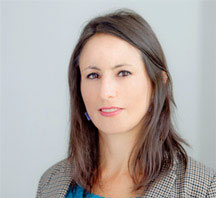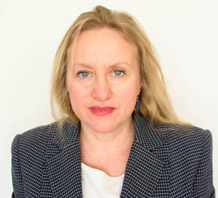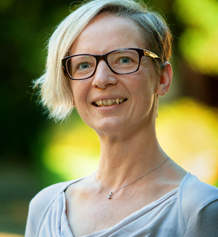EU Actors
Irene Fernández-Molina’s research has paid particular attention to the role of the European Parliament in relation to the European Neighbourhood Policy and EU conflict management in the southern Mediterranean. She has She has provided training on the southern dimension of the European Neighbourhood Policy to the European External Action Service.
Alison Harcourt has considerable experience of research-oriented engagement with non-academic organisations. She has acted as an expert for the European Commission, Council of Europe, AHRC-OFCOM group and the Open Society Institute.
Lise Herman has done research on the European People’s Party, the largest conservative Eurogroup within the European Parliament. Specifically, she has analysed the determinants of EPP MEP votes on resolutions condemning rule of law and fundamental rights violations within Member States.
Jonathan C. Kamkhaji has mapped and analysed a sample of the scientific production of ECB’s and EU Commission’s expert actors in the context of the EU’s responses to the challenges posed by the sovereign debt crisis.
Sandra Kröger has researched the role of national parliaments as well as civil society organisations in the EU. As regards national parliaments, she has shown how the EU political system structurally limits their role, and what might be done to remedy this limitation. As regards civil society organisations, her research shows that their involvement varies greatly between policy areas, and that involvement is greatest where organisations are member-based and resource-rich.
Michail Melidis has researched how the European Commission pursues legal action against Member States for failing to comply with their obligations under EU law and analysed the role of environmental infringements in the implementation of environmental policies at the national level.

Claudio Radaelli analyzes how the better regulation agenda, its tools, and regulatory indicators re-define the power relations between the Commission, on one side, and the Council and European Parliament, on the other. Recently, Claudio critically explored better regulation language as semantic expansion with its political properties and consequences.







